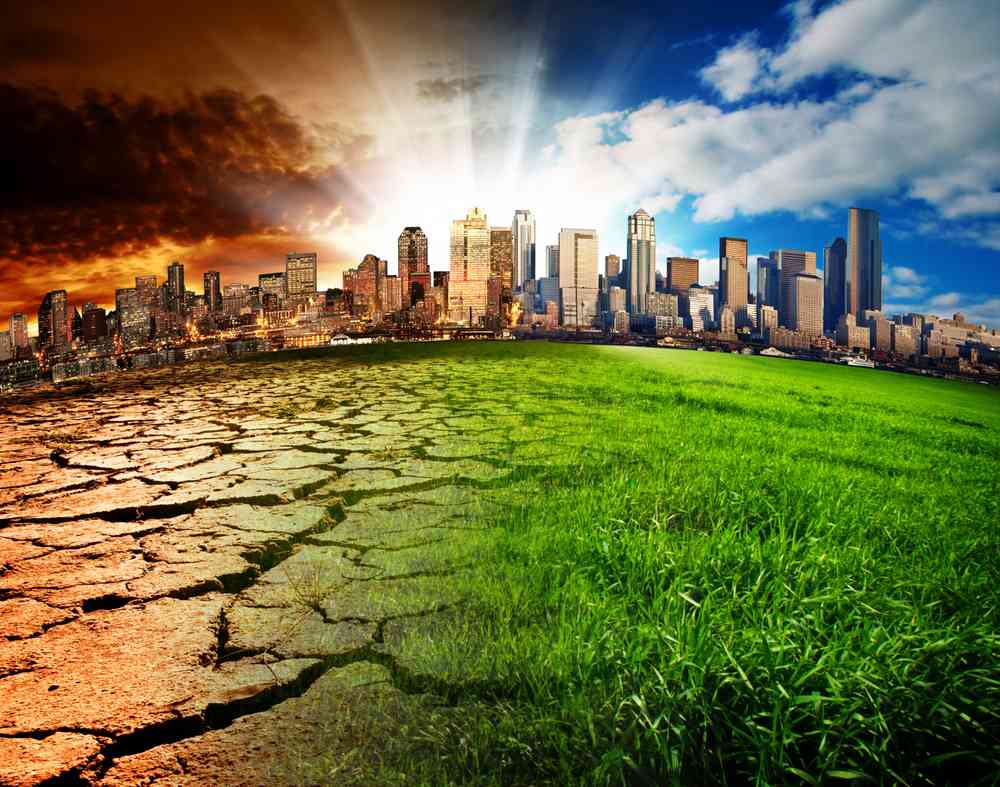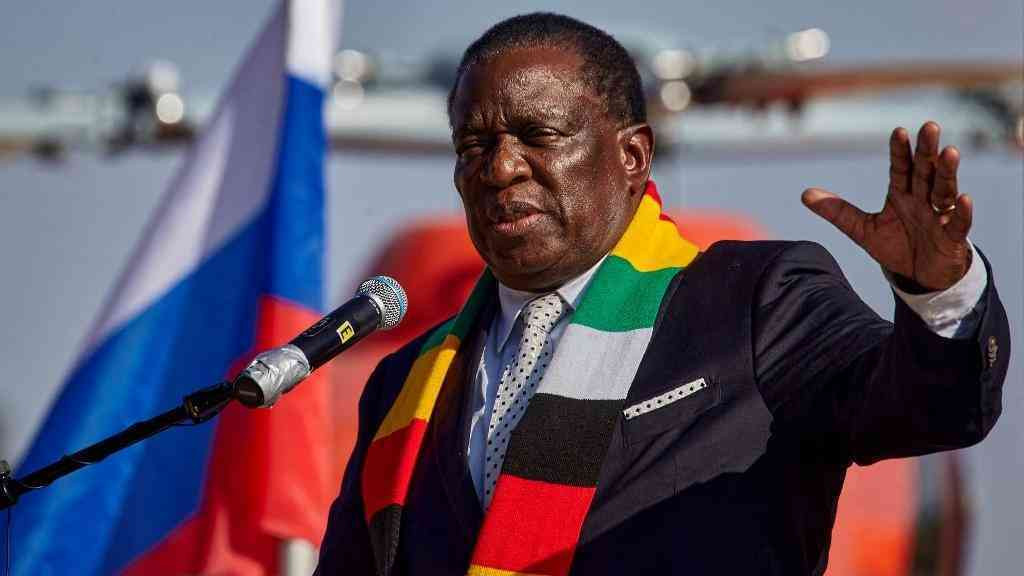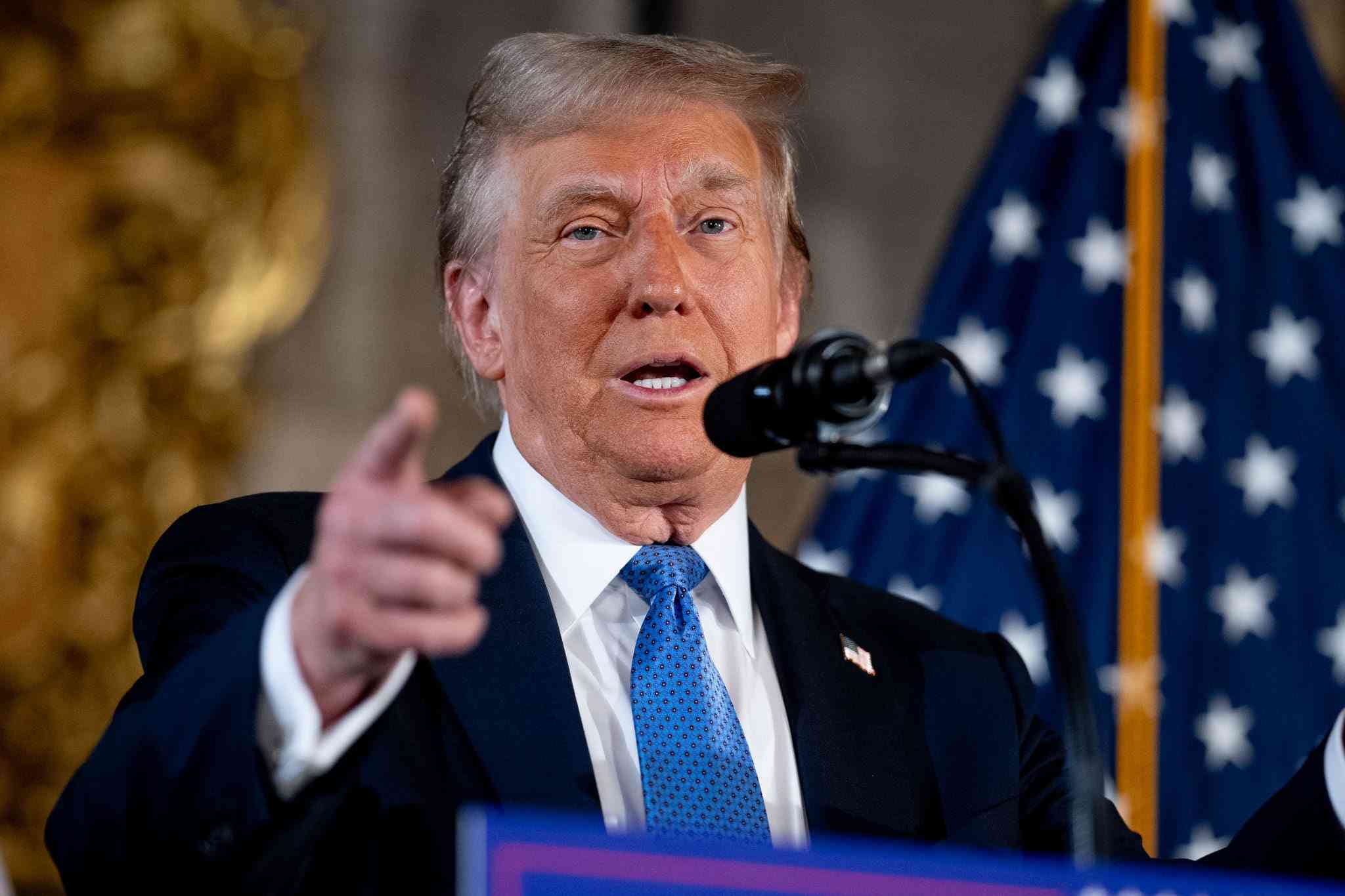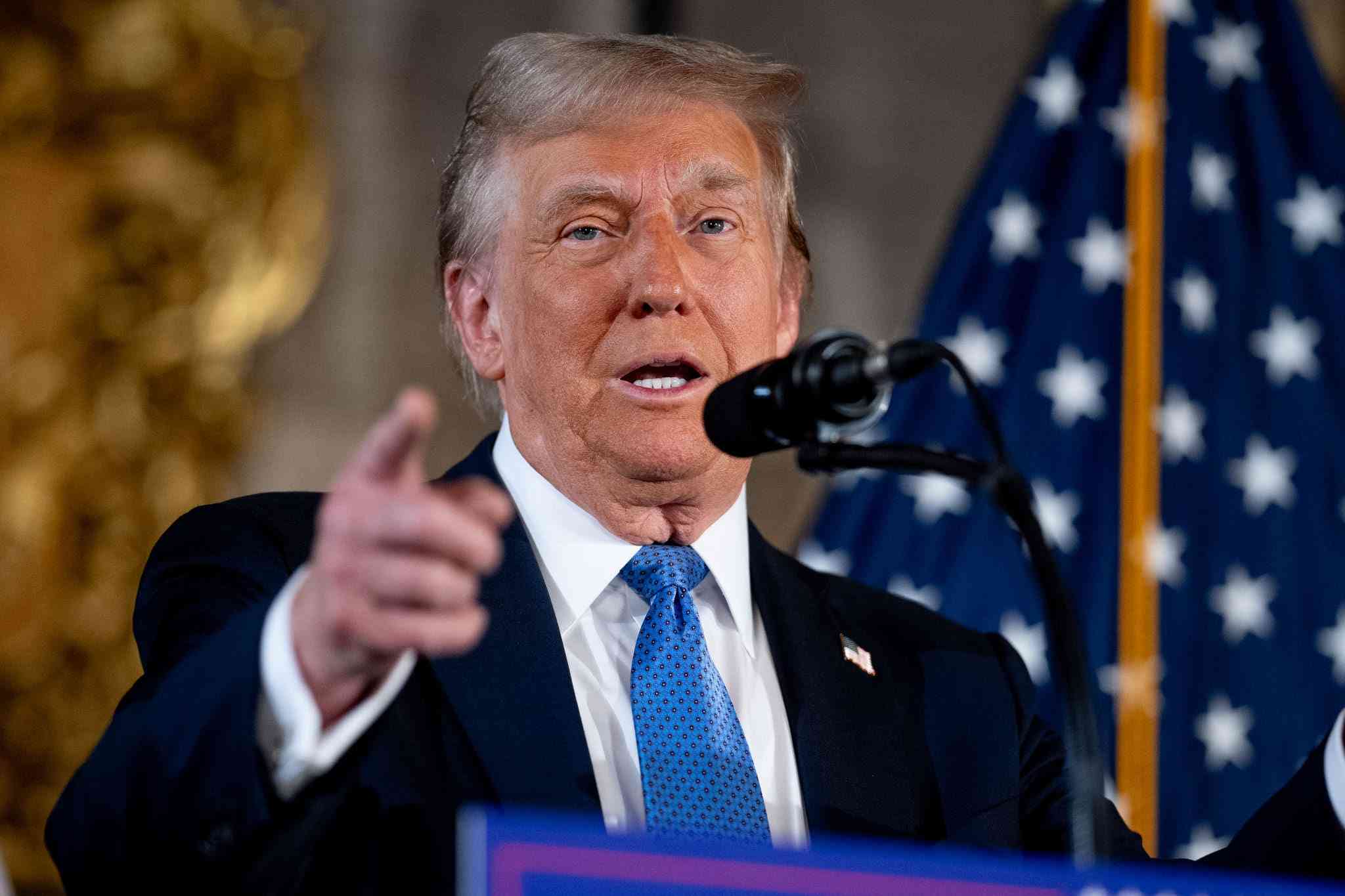
ON January 24, the world commemorated the International Day of Education. It was on December 3, 2018 that the day came into force to celebrate the role of education in bringing global peace and sustainable development. Since it came into effect, the day has been celebrated under various themes depending on major global and national issues that year.
The commemoration of the day has always been premised on the belief that without inclusive and equitable quality education and lifelong opportunities for all, societies would not succeed in achieving gender equality and breaking the cycle of poverty that is leaving millions of children, youth and adults behind.
Education has always been used as the driver of people out of poverty on the assumption that it helps them to be more productive and realise their potential.
This year, the day was dedicated to the crucial role education and teachers play in countering hate speech, a phenomenon that has snowballed in recent years with the use of social media, damaging the fabric of the global society.
With everyone having access to a microphone and the ability to disseminate content via social media platforms as well as the major polarising wars in Ukraine, the Middle East, and the general depressing global political context, it comes as no surprise that it became the theme of this year’s International Day of Education.
The world is seeing a surge of violent conflicts paralleled by an alarming rise in discrimination, racism, xenophobia and hate speech.
The impact of this violence transcends any boundary based on geography, gender, race, religion, politics, offline and online. An active commitment to peace has become more urgent now than ever.
And education has become a central tool for addressing these issues, mainly pushing learning for peace as a transformative agent, expected to help to empower learners with the necessary knowledge, values, attitudes and skills, and behaviours to become agents of peace in their communities.
- Mavhunga puts DeMbare into Chibuku quarterfinals
- Bulls to charge into Zimbabwe gold stocks
- Ndiraya concerned as goals dry up
- Letters: How solar power is transforming African farms
Keep Reading
The theme was premised on the assumption that if hatred begins with words, peace may start with education. What people learn changes how they view the world and influences how they treat others. Education must, therefore, be at the heart of efforts to achieve and maintain global peace.
It is an approach based on the concept of social engineering which is the psychological manipulation of people into performing actions or behaving in a certain way that is deemed responsible in the pursuit of certain goals.
While this year’s theme was timely and relevant, it must also be noted that the ability to use education as a driver of social change, development, and peace is now, more than ever, impeded by the various vagaries of climate change.
It is one thing to aspire that education will address certain societal or global challenges and it is another to realise education as an agent of social change is also under massive threat from the climate crisis.
For example, today, 250 million children and youth are out of school, and 763 million adults are illiterate worldwide. While Zimbabwe has done well in promoting access to education, recent data shows that an estimated half a million children of primary and lower secondary school age are out of school due to various reasons — among which includes the impact of climate change. Their right to education is being violated.
While this is unacceptable and calls for the need to transform the education system, there is also a need to factor in the impact of climate change in the advocacy for a sustained and accessible education system. Extreme weather conditions are destroying schools and making learning impossible in many parts of the world.
In Zimbabwe as early as 2017, climate change was reported to have a direct impact on education. The primary impact of climate change on education is reported to arise from the effects of extreme weather events, such as heavy rains accompanied by flash floods, strong winds, and hailstorms with short and long-term consequences.
Drought and increasing temperatures have led to poor harvests and food scarcity which have negative impacts on educational attainment.
The relationship between climate change and hunger means that many children are primed to develop climate-related health issues long before they’re born (or even conceived).
Extreme weather events reduce the availability of safe drinking water, compromise sanitation, and increase the incidence of weather-related diseases such as malaria and diarrhoeal diseases, leading to absenteeism and possible withdrawal of children from school.
Besides the primary impacts, climate change also has secondary impacts on education, arising from how families respond to or choose to cope with and adapt to climate change as evidenced by income supplementing activities of household members, migration and child marriages.
The solution to addressing the impact of the climate crisis on education and other aspects of life still lies with education. This is why it is more than ever before pertinent to invest more resources in education to create a generation of adults that is conscious of the climate crisis-related demands of the current and future generations of this world.
- Tapiwa Gomo is a development consultant based in Pretoria, South Africa. He writes here in his personal capacity.











